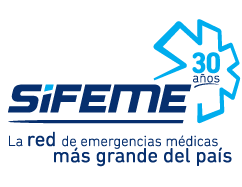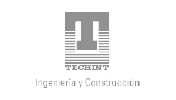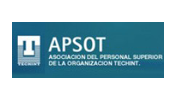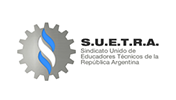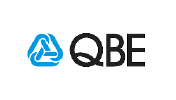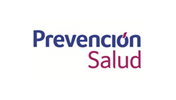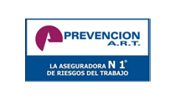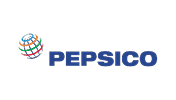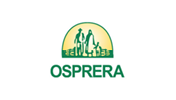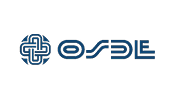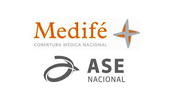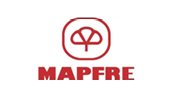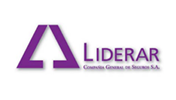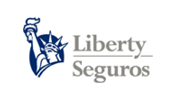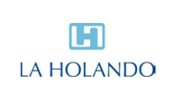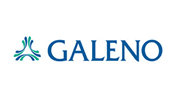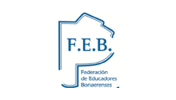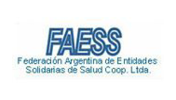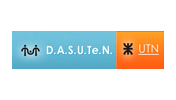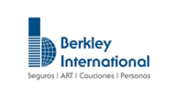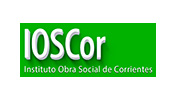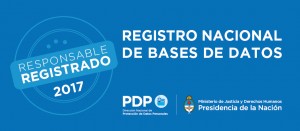Exploring the Impacts of Generative AI on the Future of Teaching and Learning Berkman Klein Center
For example, a generative AI system could create a virtual laboratory setting where students can conduct experiments, observe the results, and make predictions based on their observations. CDT works to strengthen individual rights and freedoms by defining, promoting, and influencing technology policy and the architecture of the internet that impacts our daily lives. While some of these uses have potential, there are certainly risks and drawbacks to generative AI systems being used in education as well. And where AI can be helpful with this is that AI can be like an intellectual partner, even when you don’t have a teacher that can help you learn in different ways. One of the things that I’ve been working on with a professor at the Harvard Business School is AI systems that can help you learn negotiation.
At a national level, policy needs to be developed, potentially including both existing and new regulation. Governments might also consider information campaigns to help constituents understand the nature of the new technology, its potential positive and negative impacts, and how people can prepare for the integration of LLM technologies into educational settings. Similarly, at a national and state level, governments can provide guidance and resources for school districts to help them understand the nature of the change and implement both new processes and pedagogy, both of which will require budgetary consideration.
CampusResources for faculty and staff.
This is in contrast to most other AI techniques where the AI model attempts to solve a problem which has a single answer (e.g. a classification or prediction problem). The theme of academic integrity keeps coming up, and that’s not necessarily plagiarism Yakov Livshits or violations of academic integrity, but a question about whether we can trust what we’re seeing from students as their own work. There is also just that initial shock from faculty thinking, ‘Am I going to have to redo my whole class now?
- A data breach or hacking incident can reveal real-world data containing personal information about school age children.
- That is the core message of UNESCO’s new paper on generative AI and the future of education.
- Because of the unsupervised nature of their development, generative systems may “hallucinate,” meaning they generate untrue responses.
- AI Dungeon – this online adventure game uses a generative language model to create unique storylines based on player choices.
- Speech Generation can be used in text-to-speech conversion, virtual assistants, and voice cloning.
In fact, by no longer requiring mastery of proficiency, Demszky argued that AI may actually raise the bar. The models won’t be doing the thinking for the students; rather, students will now have to edit and curate, forcing them to engage deeper than they have previously. In Khan’s view, this allows learners to become architects who are able to pursue something more creative and ambitious. At the recent AI+Education Summit, Stanford researchers, students, and industry leaders discussed both the potential of AI to transform education for the better and the risks at play.
Techopedia Explains Generative AI
Learners are therefore more willing to engage, take risks, and be vulnerable. Several themes emerged over the course of the day on AI’s potential, as well as its significant risks. But any reporter will tell you that they could never use Chat AI to write their stories because stories is what they write.
To vet and validate new and complex AI applications for formal use in school, UNESCO recommends that ministries of education build their capacities in coordination with other regulatory branches of government, in particular those regulating technologies. The education sector has rapidly evolved from generative AI denial to anxiety, fear, and partial acceptance. However, many institutions now have policies to control and restrict inappropriate student and staff use and faculty members who encourage appropriate student exploration and evaluation. IT departments are struggling to balance increasing demands for new generative-AI products and are evaluating whether to purchase or take a custom-build approach. Exponential Digital Solutions (10xDS) is a new age organization where traditional consulting converges with digital technologies and innovative solutions. We are committed towards partnering with clients to help them realize their most important goals by harnessing a blend of automation, analytics, AI and all that’s “New” in the emerging exponential technologies.
Yakov Livshits
Founder of the DevEducation project
A prolific businessman and investor, and the founder of several large companies in Israel, the USA and the UAE, Yakov’s corporation comprises over 2,000 employees all over the world. He graduated from the University of Oxford in the UK and Technion in Israel, before moving on to study complex systems science at NECSI in the USA. Yakov has a Masters in Software Development.
Responsible Generative AI: Accountable Technical Oversight
Since its launch roughly four months ago, MagicSchool has amassed 150,000 users, founder Adeel Khan says. The service was initially offered for free but a paid version that costs $9.99 monthly per teacher launches later this month. MagicSchool adapted OpenAI’s technology to help teachers by feeding language models prompts based on best practices informed by Khan’s teaching experience or popular training material.
This toolkit provides an introduction to GenAI and includes materials you can use with your students to facilitate discussions around use of GenAI. In June 2023, UNESCO warned that the use of Generative AI in schools was being rolled out at too a rapid pace, with a worrying lack of public scrutiny, checks, or regulations. The Organization released a paper revealing that publishing a new textbook requires more authorizations than the use of Generative AI tools in the classroom. The prevalence of harms, the magnitude of their impact, and interventions to mitigate harms are difficult to empirically evaluate. Concerns with this approach included determining who is allowed to participate in the scheme, how activities are classified as either good or harmful, and whether the approach would hinder innovation. The education sector cannot rely on the corporate creators of AI to regulate its own work.
UNESCO’s Recommendation on the Ethics of Artificial Intelligence
The danger lies not in falsehood itself, but in its increasingly sophisticated camouflage. With the rise of bullshit’s golden age, our fight for truth, especially in academia, has never been more urgent. Our discourse must remain anchored in reality if we are to avoid those “treacherous waters” of which Senator Whitmore so eloquently warned.
Teachers will need to be prepared and trained and curriculum will need to be developed. The integration of generative AI tools into academic pursuits could facilitate educational benefits and enable us to reimagine how to support people’s Yakov Livshits AI and digital literacies. AI creates new urgencies for perennial learning concerns including best practices for teachers; the emotional and social aspects of teaching and classrooms, and whether AI can help enhance creative endeavors.
Evidence shows that good schools and teachers can resolve this persistent educational challenge – yet the world continues to underfund them. The environmental impacts of generative AI will also be significant—particularly as many products rely on generative AI models that must be trained on massive datasets—a process that uses considerable electricity. Focusing on the evaluation of clear use cases, data-driven insights, and small-scale pilots to inform broader institutional AI strategies will likely remain the typical approach across the sector in the near term. Like any other AI streams like AI domains, including computer vision, conversational intelligence, content intelligence, and decision support systems, Generative AI also tend to grow with more and more applications across multiple industries. Generative AI can produce outputs that are difficult to trace back to the responsible parties, which in turn, can make it challenging to hold individuals or organizations accountable for fake news or deepfake videos generated by AI.
Back-to-school for higher education sees students and professors grappling with AI in academia – ABC News
Back-to-school for higher education sees students and professors grappling with AI in academia.
Posted: Tue, 12 Sep 2023 17:08:41 GMT [source]
